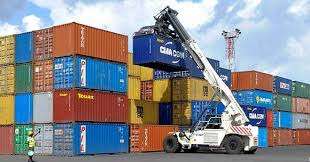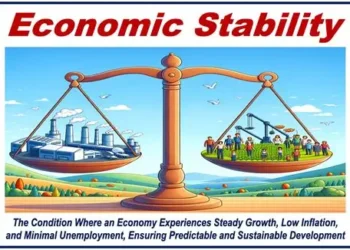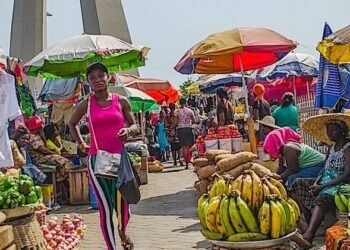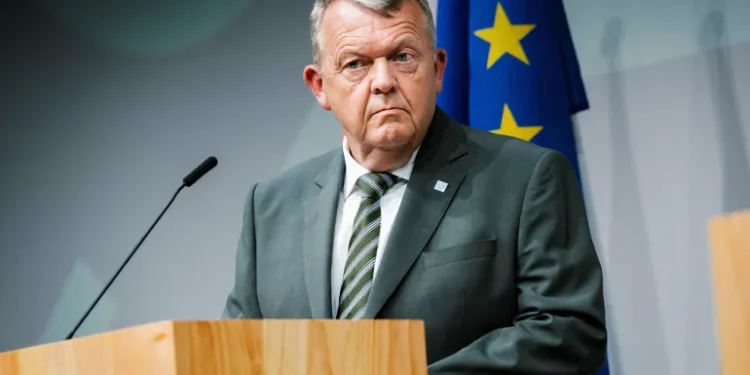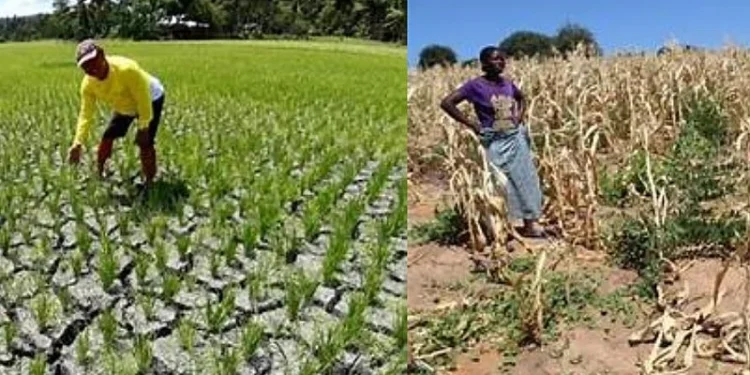In recent years, Ghana has found itself at a critical juncture in its economic development, grappling with the dual challenge of fostering local industry while managing an import-dependent economy.
The role of import duties in this delicate balance cannot be overstated. While high import tariffs are often seen as a means to stimulate local production and protect domestic industries, the reality in Ghana paints a different picture — one that calls for a nuanced and strategic approach to import duty policies.
Ghana’s aspiration to become a regional industrial powerhouse has faced setbacks due to its heavy reliance on imports to meet basic consumer and industrial needs.
Despite efforts to boost local production, the country remains dependent on foreign goods for essentials ranging from machinery and equipment to consumer goods and raw materials.
This import dependency undermines the effectiveness of high import duties, as it stifles the competitiveness of local businesses (businesses that depend on imported raw materials) and drives up the cost of living for ordinary Ghanaians.
In cognizance of these high import duties, the Flagbearer of the New Patriotic Party (NPP), Dr. Mahamadu Bawumia promised that if he is elected president in this year’s elections, his administration will ensure that the import duties in Ghana are not above those of Lome, Togo.
He noted that Lomé port poses a significant competition for Ghana, with many goods being imported there and then smuggled into Ghana. To address this smuggling issue, Ghana plans to impose import duties that match or even undercut those of Lomé.
“Tema port will be fully automated. We are bringing a new policy for import duty, we are going to align the import duty at Tema port with the import duty at the Lome Port. The ports in Ghana will not charge higher duties than the ports in Lome, this is our policy, we will not charge higher duties because they are our competitors.
“If you are higher all the containers will go to Lome and they will smuggle them into Ghana and you will lose the revenue so we are going to make sure that under a new policy, we will be either lower or the same as Lome. That is the policy and that will help our business people, no need for smuggling.”
Dr. Mahamadu Bawumia

Possible Strategies for Better Duties Regime
While the Vice President’s call is welcomed, few strategies can be adopted to improve the effectiveness of the plan.
First, Ghana must prioritize a balanced yet competitive import duties regime — one that supports local industries without compromising affordability and competitiveness.
Ghana should review its tariff structures to identify sectors where high import duties are counterproductive. Essential goods, raw materials for manufacturing, and capital equipment should attract lower tariffs to facilitate industrial growth and reduce production costs.
Furthermore, Ghana should benchmark its import duties against regional players not only Togo to ensure regional competitiveness. This will also harmonize tariffs within the ECOWAS region and could facilitate cross-border trade and attract investment.
Simultaneously, Ghana must intensify efforts to enhance its industrial capacity. Investing in skills development, technology transfer, and infrastructure will reduce import reliance and stimulate local production.
Also, the country should streamline customs procedures, and reducing bureaucratic hurdles will promote efficiency in trade, benefiting both local producers and consumers.
Rather than blanket protectionism, Ghana should adopt targeted measures to support nascent industries. This could include tax incentives, subsidies for research and development, and investment in infrastructure to enhance competitiveness.
As such, a balanced import duties regime is essential for Ghana’s economic growth trajectory. It must protect local industries and ensure affordable access to goods and services for all citizens.
By implementing targeted policies that support domestic industry while maintaining regional competitiveness, Ghana can unlock its economic potential and pave the way for sustainable development.
READ ALSO: Trappings of Power: a Call for Disincentivising Political Entitlement in Ghana
.

